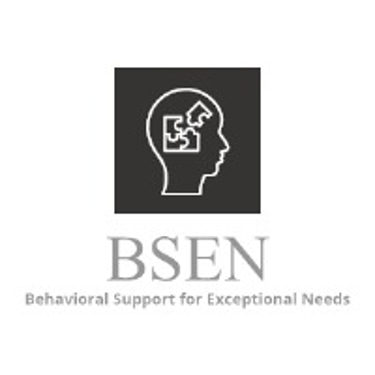Understanding Neurodevelopmental Disorders: Autism, ADHD, Down Syndrome, and Intellectual Disability
Content covered for IBT Task list on request of candidates and general public information


Introduction
Neurodevelopmental disorders encompass a range of conditions that affect the development and functioning of the brain. These disorders typically manifest early in childhood (hence the name "Neurodevelopmental Disorders" because they start in developmental stages of life) and can have a significant impact on an individual's cognitive, social, and emotional abilities. In this article, we will provide a brief description of four common neurodevelopmental disorders: Autism, ADHD, Down Syndrome, and Intellectual Disability.
Autism
Autism, or Autism Spectrum Disorder (ASD), is a complex neurodevelopmental disorder characterized by difficulties in social interaction, communication, and repetitive behaviors. Individuals with autism may also exhibit sensory sensitivities and have a restricted range of interests. Autism affects people of all races, ethnicities, and socioeconomic backgrounds. It ranges from mild to severe forms depending on symptoms and some individuals might be very high functioning and productive in their special area of interest. It is estimated that approximately 1 in 36 children in the United States has been diagnosed with autism.
ADHD
Attention-Deficit/Hyperactivity Disorder (ADHD) is a neurodevelopmental disorder characterized by persistent patterns of inattention, hyperactivity, and impulsivity that interfere with daily functioning and development. Children with ADHD may struggle with attention span, organization, and impulse control. ADHD affects both children and adults, with estimates suggesting that around 5-10% of children worldwide have ADHD.
Down Syndrome
Down Syndrome is a genetic condition caused by the presence of an extra copy of chromosome 21. It is characterized by physical and intellectual disabilities, as well as distinct facial features. Individuals with Down Syndrome often have delayed development, learning difficulties, and may experience certain medical conditions. Down Syndrome occurs in approximately 1 in 700 births worldwide.
Intellectual Disability
Intellectual Disability, also known as Intellectual Developmental Disorder (IDD), is a neurodevelopmental disorder characterized by limitations in intellectual functioning and adaptive behaviors. Individuals with intellectual disability may have difficulties with communication, learning, problem-solving, and independent living. It can range from mild to severe. The prevalence of intellectual disability varies across populations, but it is estimated to affect around 1-3% of the global population.
Causes
The causes of neurodevelopmental disorders are multifactorial and can involve genetic, environmental, and neurological factors. While the exact causes are often unknown, research suggests that a combination of genetic predisposition and environmental influences during critical periods of brain development may contribute to the development of these disorders.
Treatment Options
Effective treatment approaches for neurodevelopmental disorders involve a multidisciplinary approach that addresses the specific needs of the individual. Treatment may include behavioral therapies, speech and language therapy, occupational therapy, and educational interventions. Early intervention is crucial in maximizing the potential for individuals with neurodevelopmental disorders to lead fulfilling lives.
Medication
Medication can play a role in the management of certain symptoms associated with neurodevelopmental disorders. For example, stimulant medications such as methylphenidate or amphetamines are commonly prescribed for individuals with ADHD to help improve attention and reduce hyperactivity. However, medication should always be used in conjunction with other therapeutic interventions and under the guidance of a healthcare professional.
Conclusion
Neurodevelopmental disorders, such as Autism, ADHD, Down Syndrome, and Intellectual Disability, can significantly impact the lives of individuals and their families causing stress on mental health of the whole family. Understanding the characteristics, prevalence, causes, and treatment options for these disorders is essential in promoting awareness, acceptance, and effective support for those affected.
